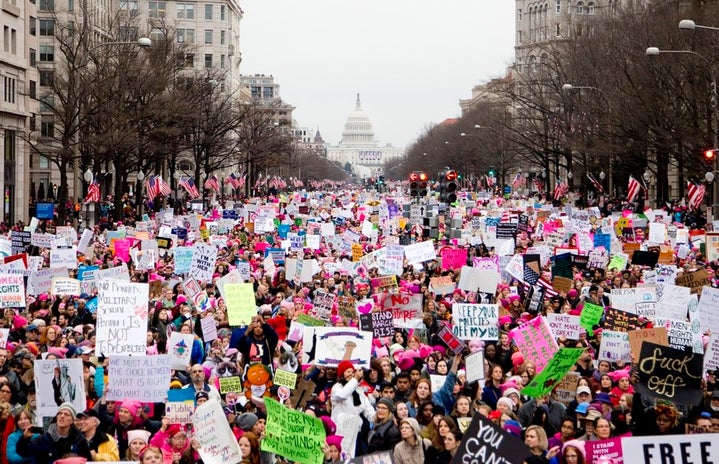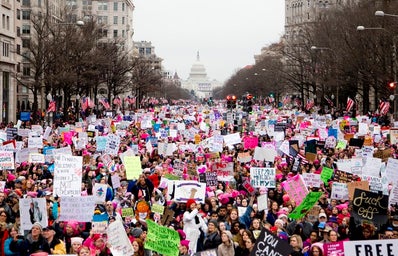For this Black History Month, I would like to highlight a powerful and impactful woman: Kimberlé Crenshaw. Crenshaw is most known for being a civil rights activist and feminist scholar that coined the term “intersectionality”.
Kimberlé Williams Crenshaw was born in 1959 in Ohio to parents that really encouraged thinking outside the box. This helped propel her to challenge many of the social norms that were around at the time.
Crenshaw received her Bachelor’s degree in government and Africana studies from Cornell University. She then continued to Harvard Law School for her J.D. She is currently working as a professor of law at Columbia University.
She first coined the term “intersectionality” in a paper titled “Demarginalizing the Intersection of Race and Sex” in 1989. The paper examines three legal cases that dealt with issues of both race discrimination and sex discrimination. Crenshaw argues that these cases cannot be looked at through the narrow view of a single issue. The problem with focusing on a single issue in these cases is that the law may forget that people can face a combination of oppression due to multiple factors of their identity. For example, a Black woman is both Black and female so she may be the victim of discrimination based on both race and gender, and sometimes even the two combined.
Oxford English Dictionary may help you understand this long word with the definition, “The interconnected nature of social categorizations such as race, class and gender regarded as creating overlapping and interdependent systems of discrimination or disadvantage; a theoretical approach based on such a premise”.
This theory has had a huge impact on how modern feminists understand the movement and how other people may interact with the movement.
One of the main arguments against the modern feminist movement is that it leaves out any woman or person that isn’t a cisgender, straight, white woman. Many people believe that the movement leaves anyone that doesn’t fit this mold behind. With the integration of intersectional ideas in recent years, mainstream feminism is getting better at understanding and remembering that not all women are the same and some may face challenges that are more prevalent to them than their gender.
Intersectionality has caused so much good within the feminist community, expanding the understanding of what a “woman” is, but the idea has also caused some controversy in politics. Many right-wing conservatives, like Laura Ingraham, have been very vocal about how they believe that intersectionality is just an excuse to perpetuate the idea that “because you’re a minority, you get special standards, special treatment in the eyes of some”.
No matter this opposition, Crenshaw has always stuck by her theory. She says, in an interview with Vox, “there have always been people, from the very beginning of the civil rights movement, who had denounced the creation of equality rights on the grounds that it takes something away from them.”
Source:
The Intersectionality Wars from Vox


